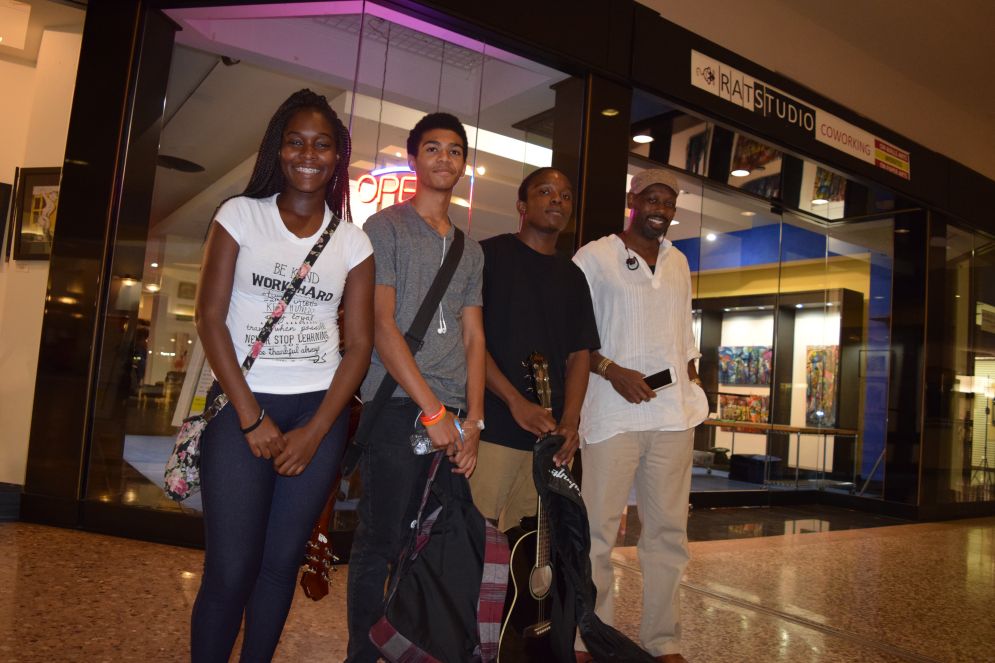White Paper: Survival Guide for Disadvantaged Startups in the Game of ThronesSynopsis for The Game of Thrones Case Studies


Step 1: Never Lose Hope
The retail game of thrones dictates a humble respect from startups beholden with hardened experiential challenges and disadvantages. These disadvantages could include impoverished surroundings, selective indebtedness, unfair politics, and stereotypes for racial identities. In many cases, these 'disadvantaged' can begin to lose hope in their ideas, their future, and ultimately, their humanity.
Based on experience, RATS recommends to each disadvantaged Startup our wholistic view of the business body and the environment. For RATS, the most hopeful path for a disadvantaged Startup consists of at least 5 perfecting paradigms. These 5 paradigms address the mindset, workflow, commitment, confidence, and economics necessary for Startup growth in the Global South.


